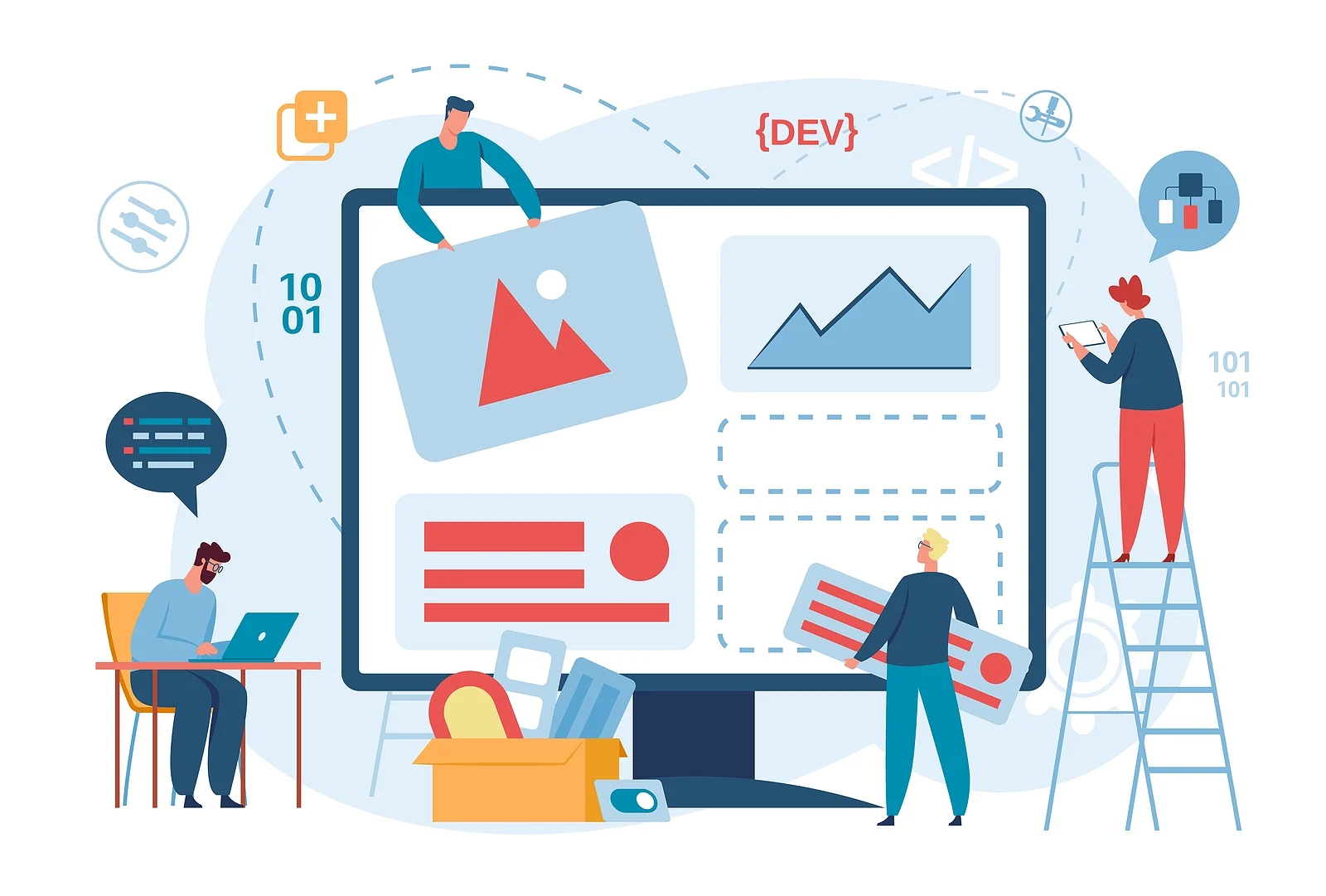Project Requirements: Begin by clearly outlining your project’s specifications, encompassing scope, objectives, budget, and tmeline. This lays the foundation for effectively conveying your project needs to potential software development firms.
Experience and Proficiency: Seek out a company with a demonstrable history of successfully delivering software akin to your project. Scrutinize their portfolio and client endorsements to assess their competence within your specific industry or niche.
Technology Stack: Ensure that the company possesses proficiency in the requisite technologies and programming languages pertinent to your project. They should exhibit familiarity with up-to-date tools and frameworks.
Development Methodology: Understand the development approach the company adopts. Common methodologies nclude Agile, Scrum, Waterfall, and DevOps. Opt for one that aligns with your project’s unique requisites.
Communication: Effective communication serves as the bedrock of successful project management. Verify that the company maintains transparent communication channels and appoints a dedicated project manager to keep you abreast of progress.
Team Competence: Evaluate the skills and qualifications of the development team. This encompasses not only developers but also designers, quality assurance testers, and any other specialists essential for your project.
Project Scale and Scalability: Ascertain whether the company possesses the capacity to manage the magnitude and intricacy of your project. Additionally, assess their ability to scale their team should the need arise to meet project deadlines.
Client References: Request references from prior clients and engage with them to gain insights into their experiences with the company. This can provide valuable insights into the company’s reliability and client satisfaction.
Quality Assurance and Testing: Inquire about the company’s processes for testing and ensuring quality. Guarantee that they have a robust testing strategy in place to deliver a faultless and dependable product.
Security Measures: Given the importance of data security, especially in projects involving sensitive information, inquire about the company’s security protocols, adherence to industry standards, and their approach to safeguarding data.
Cost and Financial Plan: Delve into pricing models and payment structures. Ensure that the company furnishes a comprehensive breakdown of expenses and remains transparent regarding any potential supplementary charges during development.
Support and Maintenance: Seek information about post-launch support and maintenance services. A reputable software development company should offer ongoing assistance for addressing issues and keeping the software up-to-date.
Intellectual Property Rights: Clarify matters concerning ownership of the source code and intellectual property rights. Verify that you maintain full control of the code and can access it even if you decide to change service providers.
Legal Agreements: Thoroughly review all contractual and legal agreements. Ascertain that these align with your project’s objectives and expectations, and consider seeking legal counsel if necessary.
Location and Time Zone: Take into account the company’s geographical location and time zone, as this can influence communication and collaboration. Confirm whether they can accommodate your preferred working hours.
Cultural Compatibility: Assess the alignment in culture between your organization and the software development firm. A harmonious fit in values, work ethic, and communication styles can facilitate a smoother partnership.
Scalability: Consider the long-term viability of the software development company. Are they equipped to handle future updates, maintenance, and expansion as your project evolves?
Feedback and Reviews: Explore online reviews and ratings on platforms such as Clutch, Upwork, or LinkedIn to gauge the company’s reputation and client satisfaction.
By methodically evaluating these factors, you can make an educated choice when selecting the optimal software development company for your project. Devote the necessary time and effort at the outset to identify a partner that aligns with your project’s requirements and objectives.





